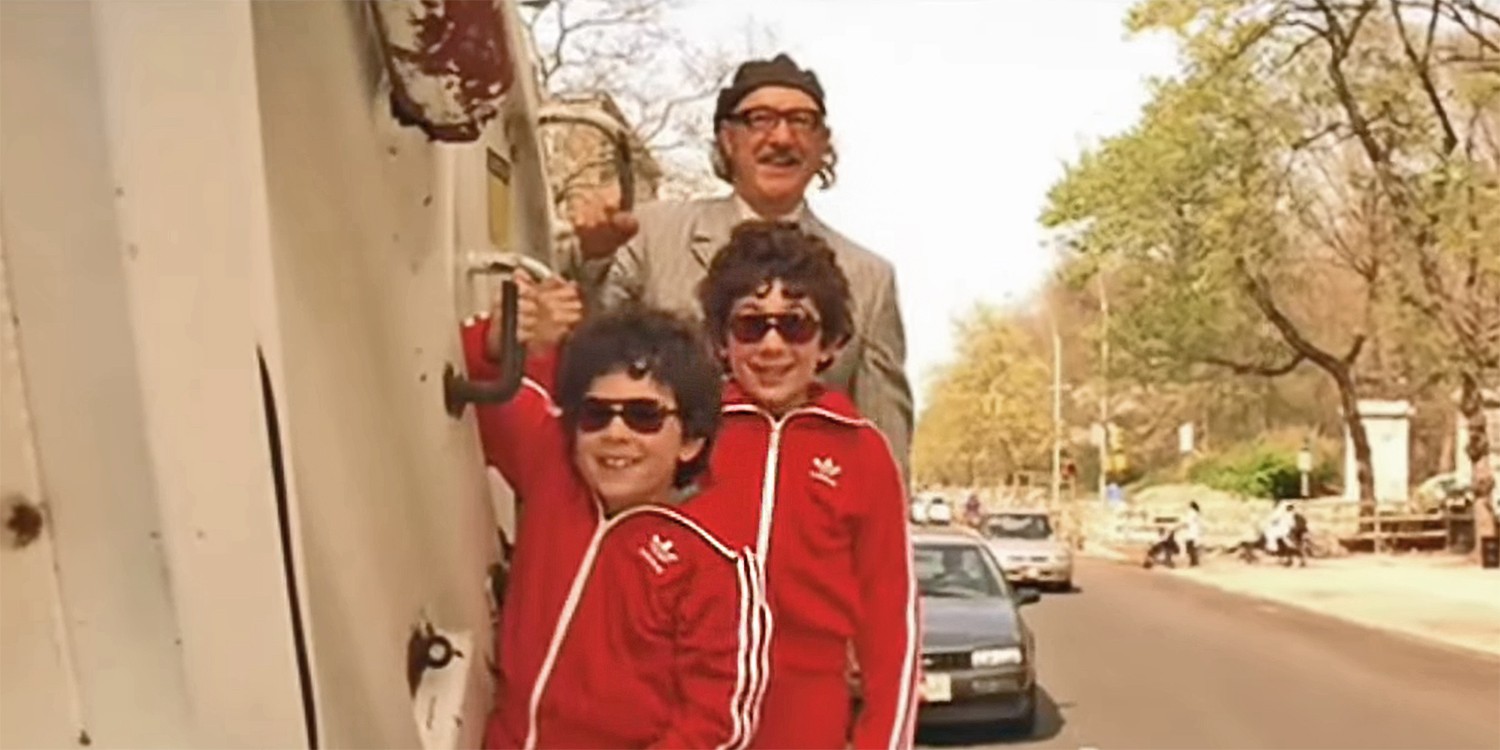This article is by Josh Musser Gritter:
I buried my grandpa last week. He died old and full of years. No tubes, no gulping for breath, but in his sleep. And what is sleep but the last vestige of our vulnerability in the hands of an invulnerable world? We close our lids and surrender our consciousness to the work of processing, our biology to the work of healing, and our sprits to the work of God. Gramps’ timely death has got me thinking about how we postmodern people have somewhat peculiar ideas when it comes to the topics of wisdom, youth, and death.
Canadian philosopher Charles Taylor suggests in his masterful work A Secular Age that one of the marks of modernity is the compression of time. Premodern peoples (pre-1600 ish) believed in time “intergenerationally.” One’s work was a continuation of the work of their parents, grandparents, even their great-grandparents. This was true, too, of the passing on of wisdom. While our culture still somewhat values the passing on of wisdom from one generation to the next, Taylor argues that the accelerated pace of modernity has led to the new cultural values of newness, innovation, and change, all of which have not given us much time to receive wisdom at all. Whether on commercials or in denominational meetings it has become almost cliché to hear things like, “throw out old ideas, embrace the new.” Even at my own church we’ve been spending a lot of time lately espousing the in-vogue leadership vocabulary of “new, fresh, beginning, change, start-up, entrepreneurial, etc.”
Time being compressed means we conceive of our existence only within the frame of one life. The more we valorize the new, the less we remember the wisdom of what came before, and the more the lives of those who have come before drift away into obsolescence.
The compression of time manifests in what philosopher Harmut Rosa calls “decay rate” — the speed at which something that is new is considered old and moot. Think of how fast our iphones, laptops, cars and clothes move from innovative and new to cold and old. This decay rate exists for us socially, too. I remember my first day of college when T9 texting blew my mind, but I can’t imagine keeping up with the tik-tok and snapchat communication of my youth group. And no matter how I try to keep in stride with the hot-button issues globally and in my own city, I often feel that my own ethic can’t keep up with the pace of the cultural moment. If I feel that as a millennial, I can’t imagine how the generations before me feel. The rapidity of our culture’s social change has produced in my generation, and I think in Gen-Z, too, a kind of natural incredulity towards older generations. If they can’t keep up, then leave them behind.

And then there’s grandpa. We disagreed on a host of social and theological issues, my mother’s eldership, scriptural inerrancy, and my wife’s ordination included. Even so, as his body lay dormant in an open casket, it was the timeless values he embodied that flooded my heart with memory. Time was compressed, and I was the ages of 5, 15, 25, and 33 all at once. I saw his unwitting faith in the vision of his strong hands opening the Bible, marking me with a thirst for God and guiding me toward the vocation of handling sacred words. I saw his undeserved generosity in the surprise $100 dollar checks he sent me every month of college when money was tight and there’d already been 10 grandkids before me. I saw his relentless joy in his midwestern Dutch-reformed stubborn refusal to lose that dry sense of humor and playfulness amidst his own wife’s struggles with bi-polar. I saw the unexpected and sweet gift of grace in that last piece of candy he slipped into my bag behind grandma’s back on my birthday.
These days it feels like we don’t have enough time to live, let alone enough time to die. In death there is no innovation, no fresh ideas, no march toward progress or entrepreneurial spirit. But as I read the Scripture standing next to grandpa’s casket at the funeral, I heard myself saying the words, “since God is alive, these words are alive, and since they were alive in Grandpa, they are alive in us.” In Grandpa’s death all the fast-paced worries of my life about curating perfection, exhibiting authenticity, and posturing ministerial genius slowed to a screeching halt. I was given a different sense of time, a time eternal that, with the wings of grace and resurrection, carried me high above the time-sickness of our days. Such heights afforded me the perspective I needed amidst the cutting rawness of grief, to see how much of this old man there is in me, to see just how much life there is in death.

COMMENTS
Leave a Reply












